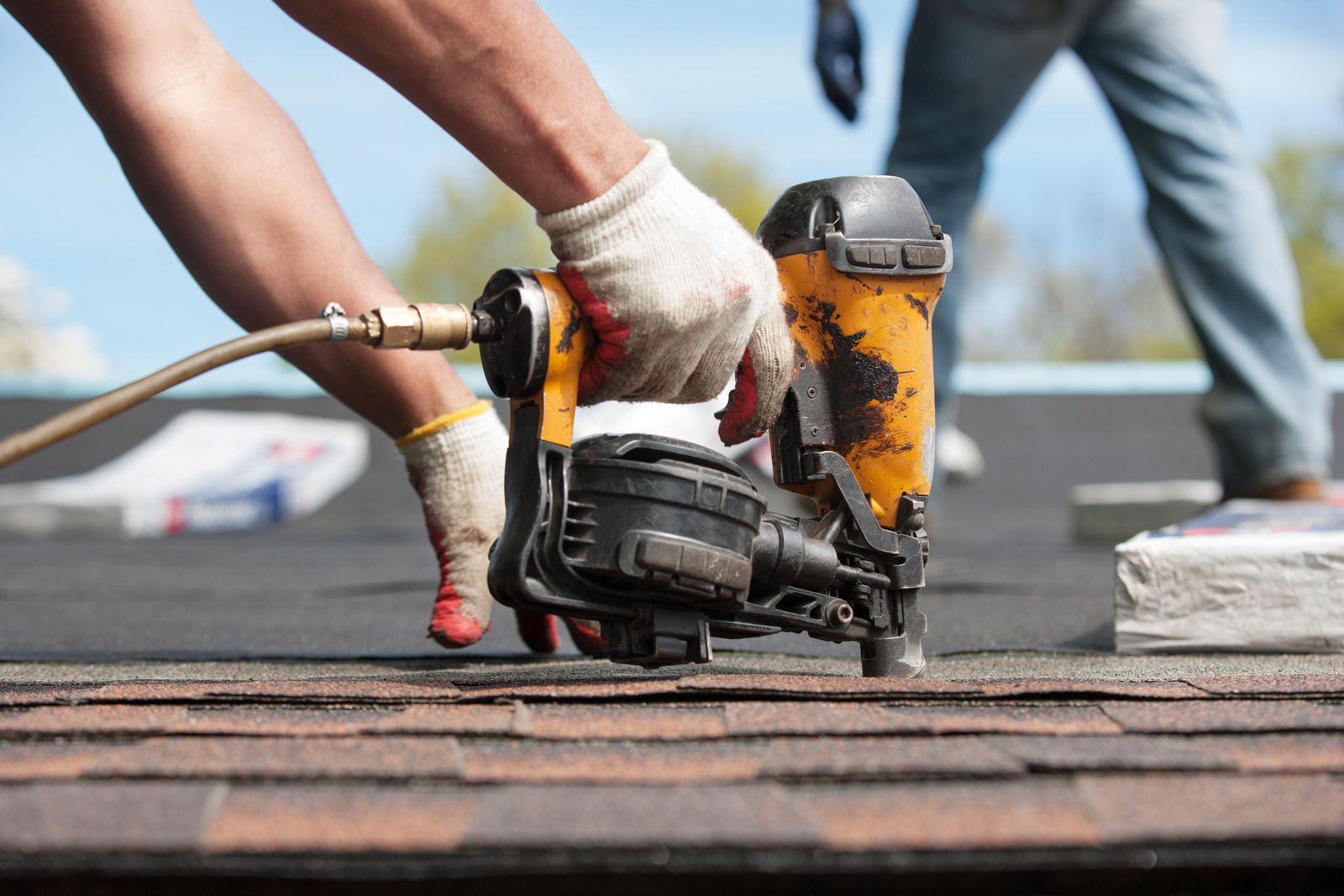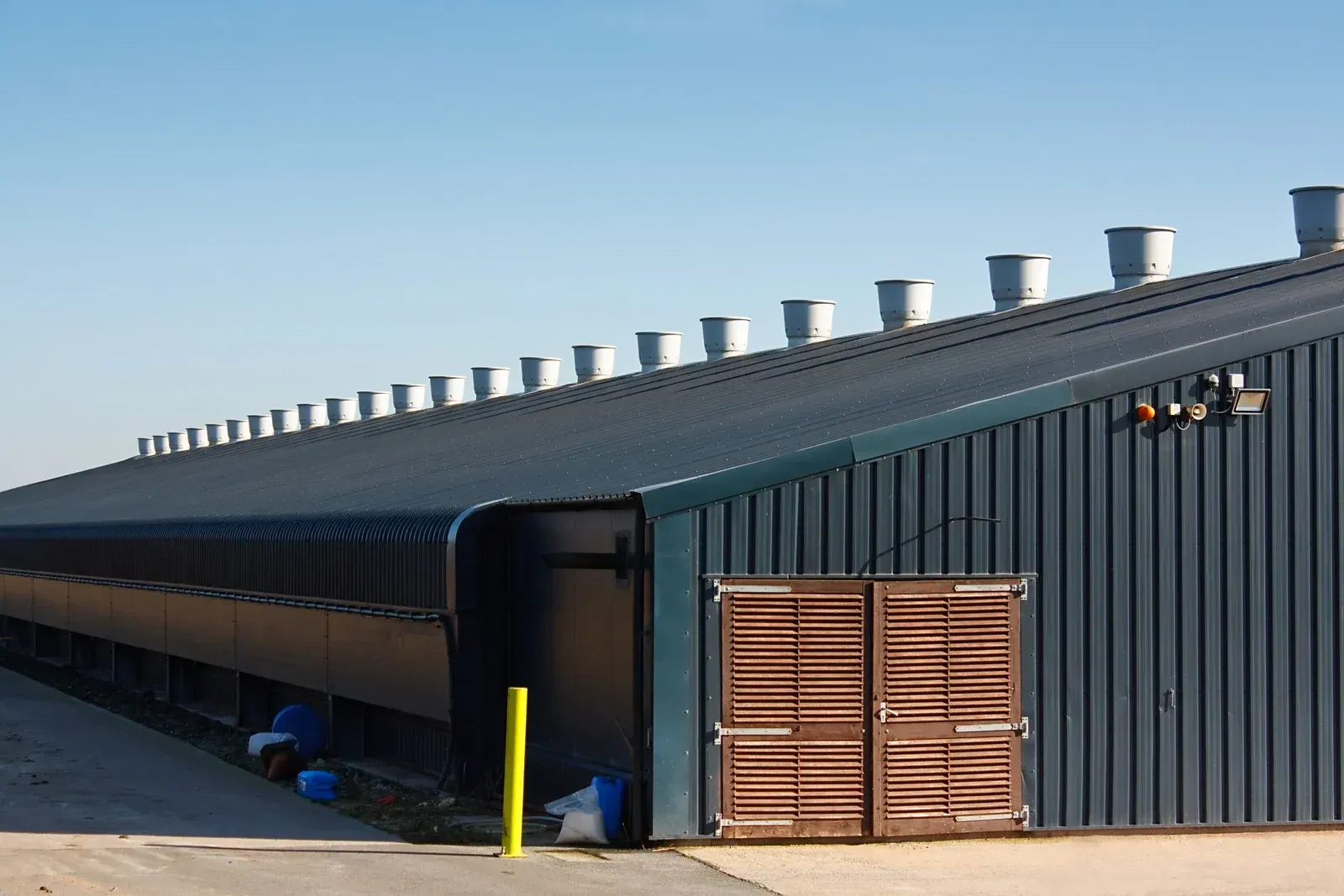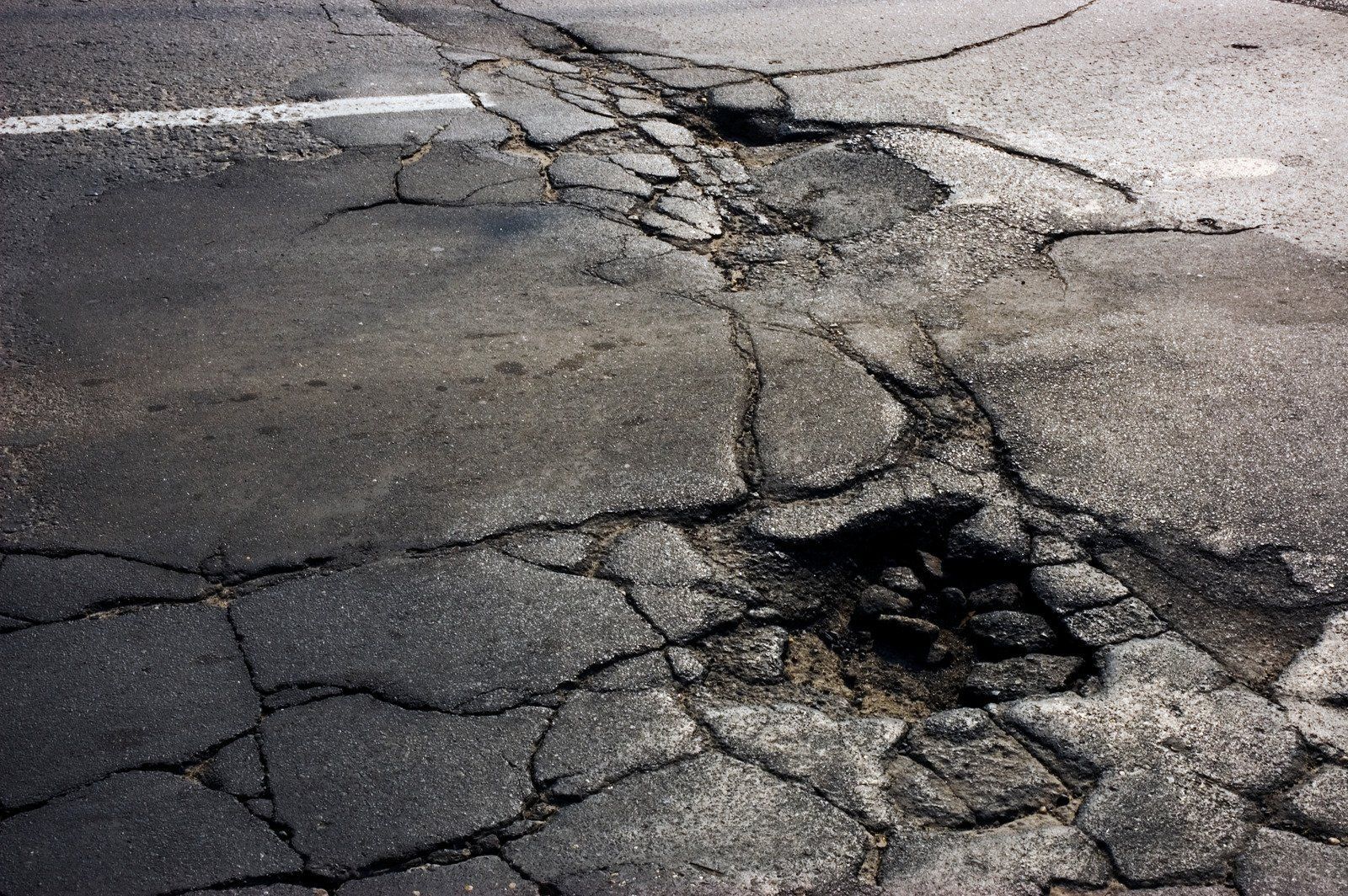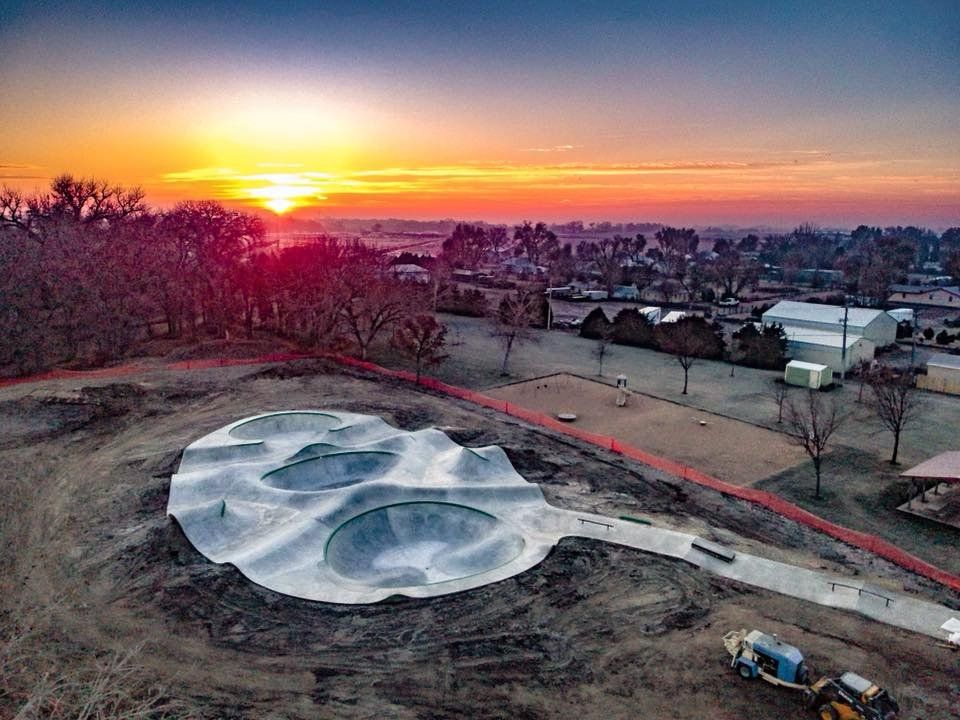Which Siding Types Offer Better Insulation: The Ultimate Guide
Homeowners want their houses to stay warm in winter and cool in summer, and one of the most important factors in achieving this lies in selecting siding materials that can provide proper insulation for the home throughout different seasons. When you invest in siding materials that support thermal efficiency, they not only protect the exterior from weather damage but also improve the energy performance of the entire building.
Certain siding types perform much better than others when it comes to thermal resistance, sound reduction, and structural durability under challenging environmental conditions. To make an informed decision, it becomes important to understand how different siding options compare when their insulation capabilities are taken into account.
Foam-Backed Vinyl Siding
Vinyl siding, when combined with a foam backing layer, becomes an energy-efficient option that helps reduce unwanted airflow and controls the indoor temperature far better than traditional non-insulated vinyl panels. This type of siding integrates rigid foam insulation behind the vinyl panels, which creates a thermal barrier between the wall and the outdoor environment, helping minimize heat exchange throughout the year.
Homeowners often choose this solution because it offers good resistance against moisture penetration, requires minimal maintenance over time, and is typically more budget-friendly compared to other advanced siding systems with built-in insulation features.
Fiber Cement Siding with Underlayment
Fiber cement siding includes a mixture of sand, cellulose fibers, and cement, forming a durable exterior surface that resists decay, pests, and fire more effectively than many alternatives in the market. Although fiber cement panels do not offer high insulation value on their own, they can provide solid thermal control when installed over a layer of rigid foam board or other underlayment materials designed for insulation.
Many people who live in areas with seasonal weather shifts prefer fiber cement due to its long-term performance, visual appeal, and compatibility with energy-enhancing additions.
Solid Wood Siding with Additional Insulation
Natural wood siding provides moderate insulation by itself, especially when thicker planks or panels are used to cover the building’s outer walls, making it a practical choice in regions with less extreme climates. While wood siding may require regular sealing and maintenance to prevent water damage or mold growth, it continues to remain a favored option for those who prefer a warm, classic exterior finish.
To improve thermal performance, many property owners install wood siding over insulated sheathing or house wrap, which works as a buffer against heat loss in colder months and helps maintain stable temperatures indoors throughout warmer periods.
Insulated Metal Siding Panels
Modern insulated metal siding options come equipped with a foam core that improves their energy performance by preventing heat transfer between exterior surfaces and interior wall structures. Steel and aluminum siding systems offer long-lasting protection, strong resistance to weather impacts, and low upkeep, which makes them a strong contender for both residential and commercial buildings.
For those looking to improve home comfort and energy performance through better exterior insulation, Colorado Western Construction
offers expert
siding services in Denver, Colorado and nearby communities with a strong focus on quality results, material durability, and seasonal energy savings.




